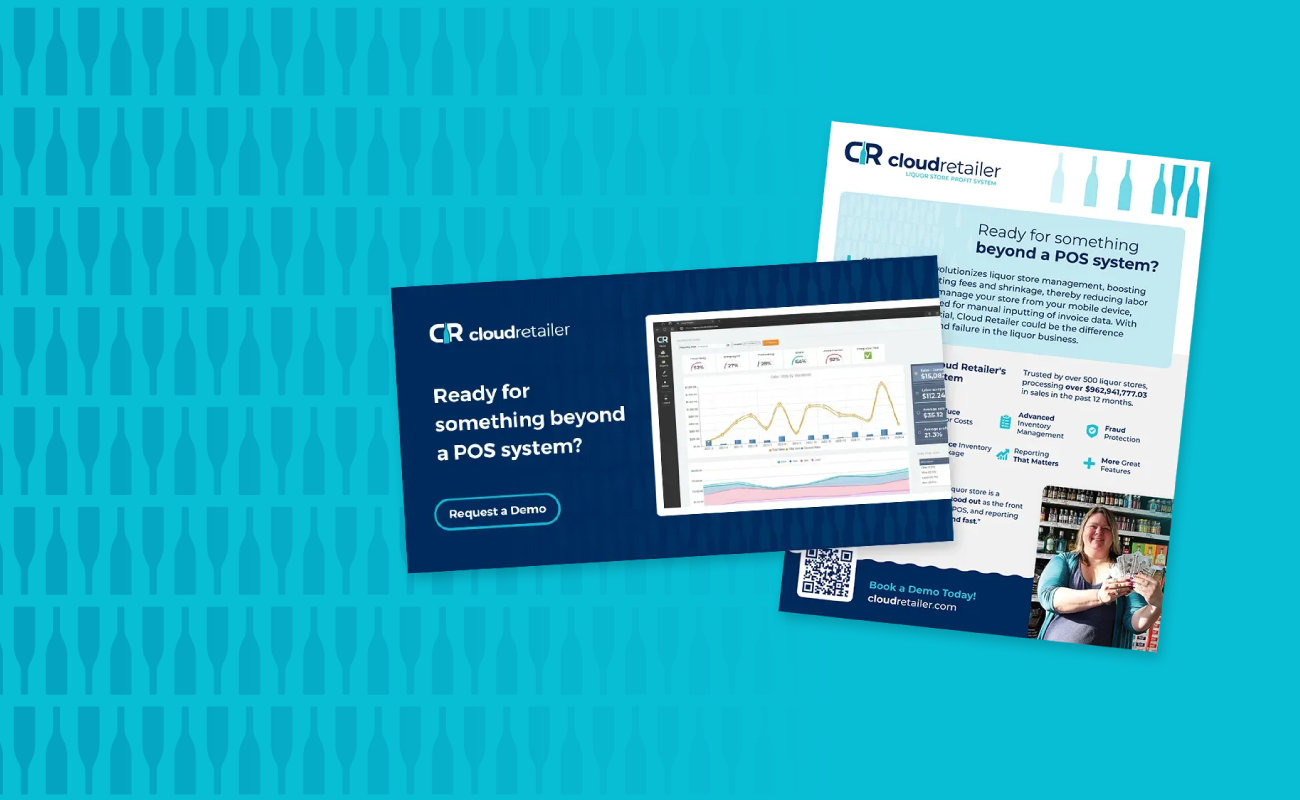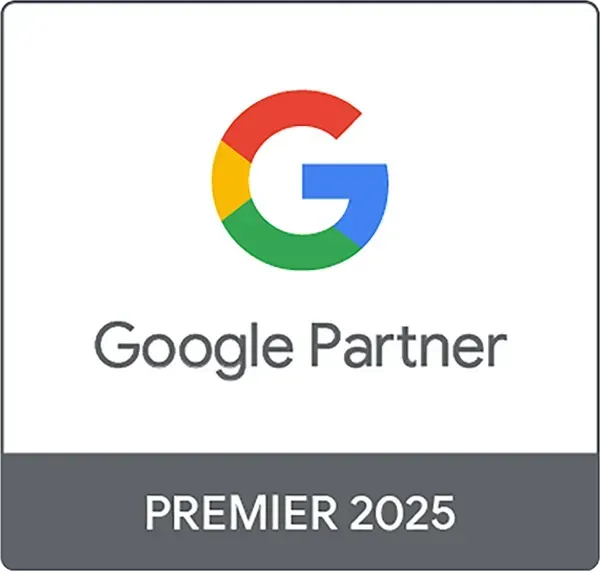At DAYTA Marketing, sometimes you wake up to an email that means your whole team has to change the way they execute on a service... today.
It’s a fact of digital marketing and it keeps life interesting. This Thursday, Facebook killed off their traditional review functionality - your standard 5-star rating with an optional description that a business owner could respond to. Taking its place is Facebook’s new “Recommendation” rating system, which seems built to enhance their existing Recommendations post functionality. The new system is fairly brutal and binary, distilling the scale down to “Yes/No” when users are prompted to “recommend” a business. Users can also leave public comments on how the business could improve. Thankfully, the new system also includes improved feedback functionality for business owners to respond.
On DAYTA’s End, This Leads to 2 Things:
- A quick rehash of how we run and operate our Reputation Management service
(we’ll be a bit more manual while our software catches up to the changes, as Facebook hasn’t opened up the new functionality in their API)
- Discussion around what this change forecasts for the direction of digital marketing as an ecosystem.
The pattern is pretty clear. Facebook is actually last in the line of the local 3 review platforms to make major changes. Yelp previously upset the reputation management industry by requiring that business owners not request reviews . A few months ago Google banned the practice of “Review-Gating” , a common reputation management practice that has users pre-rate a business privately before either prompting them for a public review or private feedback.
All 3 platforms are striving for the same goal:
authentic crowd-sourced qualitative data about businesses and other organizations. Negative reviews have their value, and
consumers want to understand risks before they buy. There’s a good reason Google, Yelp, and Facebook are making it harder to hit that perfect rating: they know that
when every business has 5 stars, reputation doesn’t matter.
Oddly, we run into quite a few business owners who think the same way about their online reputation. “Those reviews don’t matter. My target audience is older - they rely on word of mouth and relationships. They’re not googling us." This is probably true for those businesses. But it’s a short-sighted way to think. Your current target audience may not google (although I wouldn’t take that bet) before every decision - but Millennials make up 30% of the voting population , and they’re not getting any younger. The vast, vast majority read online reviews and trust them as much as they would a recommendation from a friend. More than that, online reputation differs from word-of-mouth or even other digital marketing tactics in one very key way: it’s cumulative . Third-party platforms are keeping a permanent record of your customer’s opinions. All things held equal, if you started paying attention to digital reputation last year and your competitor starts in two years, they will be permanently behind. All of this can feel like an unfair burden to a business owner. You’re expected to manage what random customers say about your business across multiple platforms. You’re dissuaded from artificially boosting their opinion with incentives or even trying to filter negative feedback to a private channel.
The only way to achieve success in this new frontier is to deliver authentically great customer service and capitalize on it through online engagement.
Marketing can’t be gloss anymore. You have to magnify who you really are to succeed in the future. It’s hard work and for most organizations, it has to be achieved with limited resources. Yet, the work now is crucial because it gives your organization a platform for future success. At DAYTA, we know that marketing today is a long-term two-way street that requires all of an organization’s parts to work together to deliver superior customer experience. It’s what powers our consultative approach to partnership, and it’s what drives us to get up each morning ready to face change and help our customers innovate.






